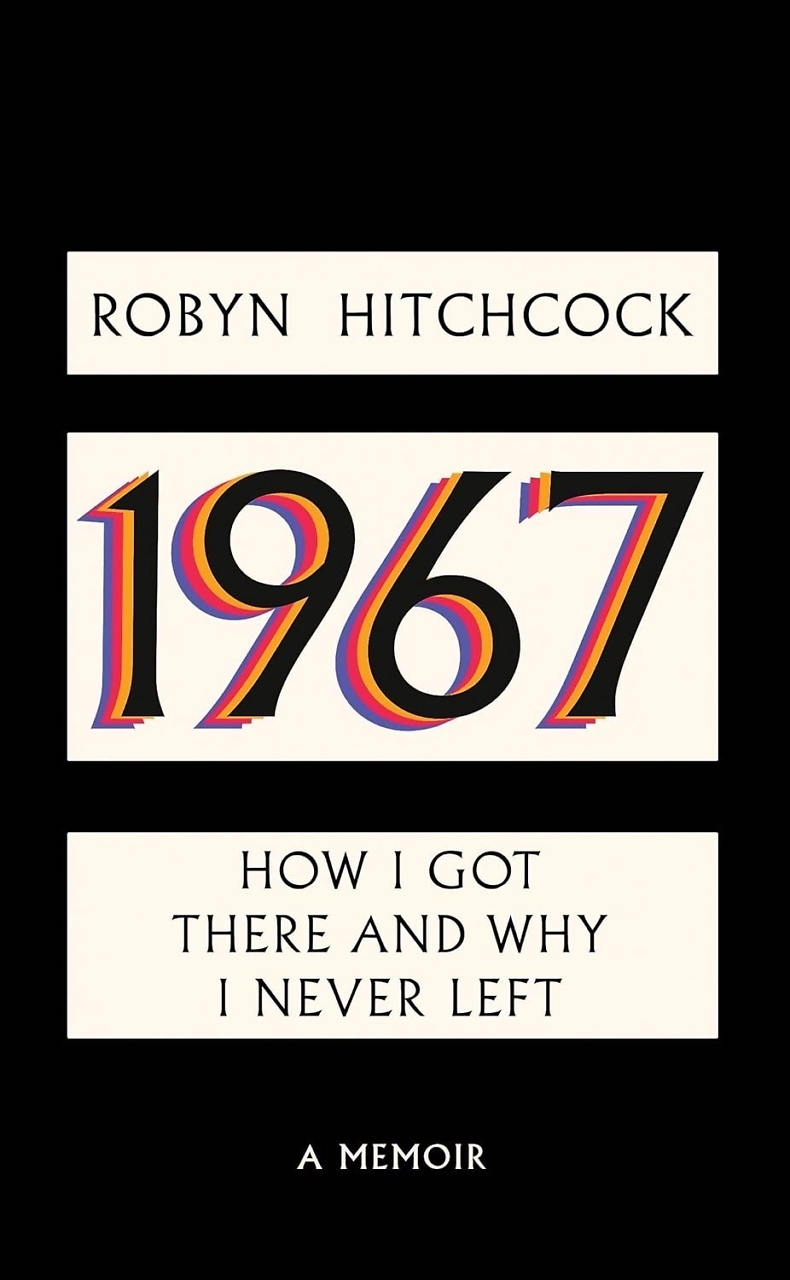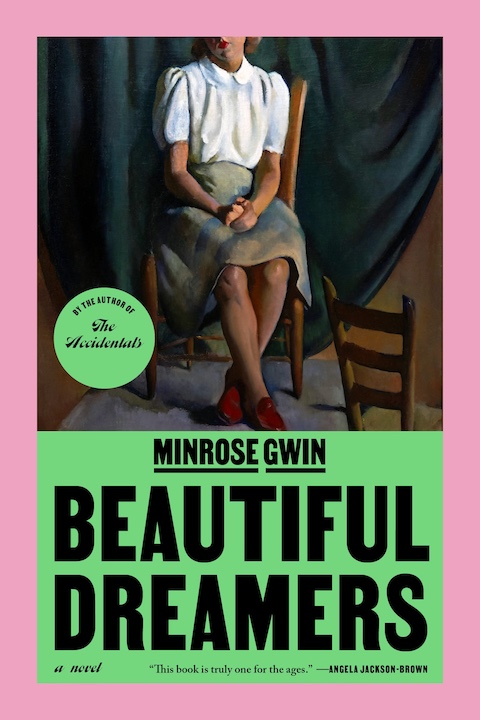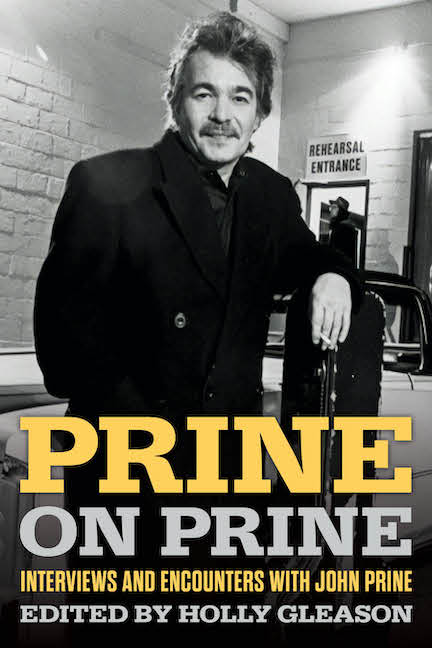The Cost of Healing
Anjali Enjeti’s The Parted Earth follows several generations of personal fallout from India’s Partition
Running through the core of Anjali Enjeti’s debut novel, The Parted Earth, is the volatile atmosphere of India’s Partition, a deadly era of violence that tore apart communities and families. Spanning generations and countries, The Parted Earth examines the personal costs of starting over in the face of tragedy, whether those tragedies are intimate losses or shockwaves of upheaval across an entire continent.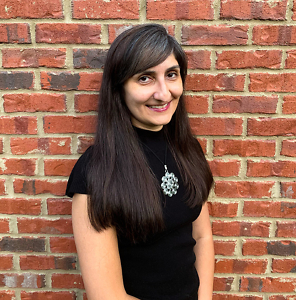
On the eve of independence from Britain in 1947, the Indian subcontinent was rocked by the execution of its Partition policy, which created chaotic divisions between Hindu-majority and Muslim-majority cities and led to widespread sectarian unrest, mass killings, and large-scale population displacement. The legacy of Partition has resulted in disputes over the India-Pakistan border that resonate to this day.
Our way into these tumultuous events comes through the eyes of Deepa, an intelligent teenage girl whose family becomes a lightning rod for extremist violence in the streets of Delhi. Deepa savors her after-school hours helping out at her parents’ medical clinic, where she enjoys analyzing every symptom and clue that the patients present. To Deepa, “People were stories, and every part of their stories influenced their physical and mental health.” Her sharp curiosity and strong compassion not only help her pinpoint diagnoses “like Sherlock Holmes solving a mystery,” but also fuel her growing passion for writing and reading.
Deepa wants to have faith “in something — in a benevolent force that provided guidance, in the possibility of transcendence.” But as religiously driven violence escalates, “only literature, the power of words, and ancient stories” sustain her. Threats against her parents’ clinic — which treats both Hindu and Muslim patients — begin to intensify at the same time that Deepa falls in love with a kindhearted Muslim classmate named Amir.
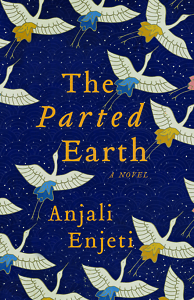 Sixty years later, in modern-day Atlanta, Deepa’s estranged granddaughter, Shan, faces the toughest challenges of her own life. During a short stretch of time, she loses a pregnancy, her job, and her marriage. Floored by these losses, Shan turns toward the unanswered questions that have always hung over her father’s family. Why did her father abruptly leave, moving to India, where he’d never lived? Why had her grandmother become so cold and distant, so uninterested in knowing her?
Sixty years later, in modern-day Atlanta, Deepa’s estranged granddaughter, Shan, faces the toughest challenges of her own life. During a short stretch of time, she loses a pregnancy, her job, and her marriage. Floored by these losses, Shan turns toward the unanswered questions that have always hung over her father’s family. Why did her father abruptly leave, moving to India, where he’d never lived? Why had her grandmother become so cold and distant, so uninterested in knowing her?
From here, The Parted Earth opens out into a wider range of perspectives and moments in time. Enjeti — who grew up in Chattanooga and today lives near Atlanta — portrays the experiences of Shan’s thoughtful neighbor Chandani, Chandani’s troubled husband Harjeet, and a German woman named Gertrude who formed a loving bond with Deepa and her young son during a period of struggle as they tried to build a family life in London.
As Shan seeks answers about the missing stretches of her family history, she also searches for the kind of belonging that has always seemed to elude her. When traditional family ties fray — here, a legacy of generational trauma — other kinds of love and support often grow. As a result, chosen family becomes a strong influence in The Parted Earth. Through the support of women like Chandani and Gertrude, Enjeti highlights the unique bonds and challenges found within such intense, complex friendships.
Throughout The Parted Earth, its cast of characters face desperately high stakes, enduring a relentless chain of traumas and upheavals. In each case, Enjeti depicts her characters’ struggles with a deeply felt but measured sense of discernment. Healing may be possible, but its costs remain considerable.

Emily Choate is the fiction editor of Peauxdunque Review and holds an M.F.A. from Sarah Lawrence College. Her fiction and nonfiction have appeared in Mississippi Review, Shenandoah, The Florida Review, Atticus Review, Tupelo Quarterly, Bayou Magazine Online, Late Night Library, and elsewhere. She lives near Nashville, where she’s working on a novel.
